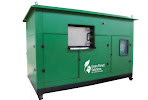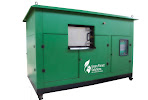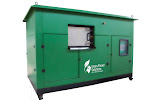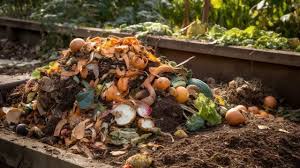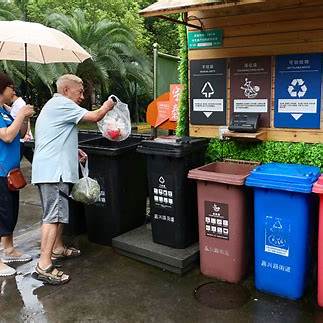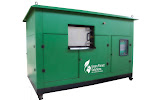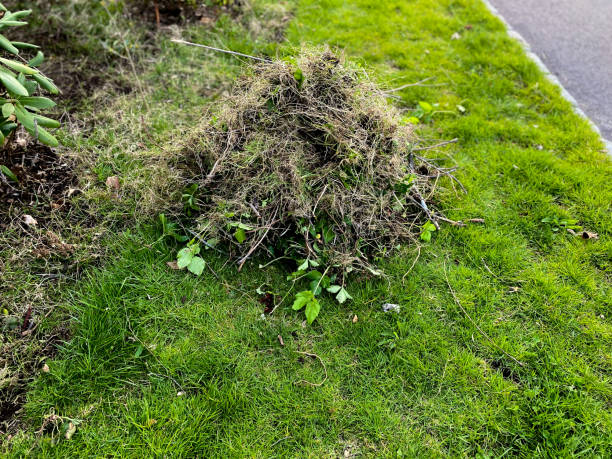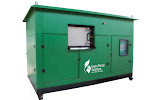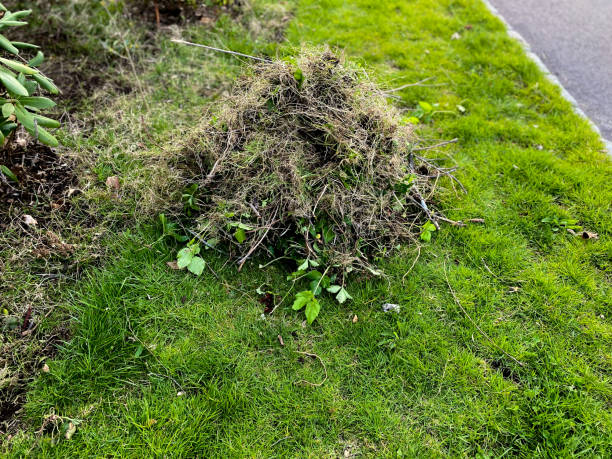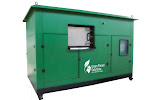ENQUIRE NOW FOR BEST COMPOSTING MACHINES IN INDIA – https://share.hsforms.com/1d12AT_oJScm8iiXbjSrEIwrh2r7
The Economics of Composting in UAE is becoming one of the most urgent topics for restaurants, hotels, cloud kitchens, cafeterias, and large F&B groups across Dubai, Abu Dhabi, Sharjah, and Ras Al Khaimah. With waste disposal costs rising, new sustainability mandates tightening, and landfill restrictions expanding in 2025, businesses are finally asking the right question:
“Is on-site composting actually cheaper than traditional waste disposal?”
The answer is a powerful, game-changing YES — and the numbers are astonishing.
As Green Planet Solutions Pune, a global supplier of high-tech composting machines to UAE F&B clients, we break down the true economics, ROI, and monthly savings in a way decision-makers can immediately act on.
Why UAE F&B Companies Are Suddenly Prioritizing On-Site Composting
(Subheading contains focus keyphrase → “Economics of Composting in UAE”)
The Economics of Composting in UAE has shifted dramatically because of factors such as:
- High waste collection fees (especially for wet/organic waste)
- Volume-based charges imposed on hotels & restaurants
- Upcoming UAE food waste regulations in 2025
- Increasing penalties for landfill overuse
- Government push for zero-food-waste operations
- Corporate ESG score requirements for hospitality groups
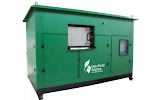
Waste is no longer “just waste.”
It is a financial liability.
And composting is becoming a financial asset.
ENQUIRE NOW FOR BEST COMPOSTING MACHINES IN INDIA – https://share.hsforms.com/1d12AT_oJScm8iiXbjSrEIwrh2r7
Cost Comparison: Traditional Waste Disposal vs On-Site Composting
1. Traditional Waste Disposal Costs (Monthly for a Restaurant/Hotel)
| Cost Component | Monthly Cost |
|---|---|
| Waste collection fees | AED 2,000 – AED 8,000 |
| Wet waste surcharge | AED 1,000 – AED 3,000 |
| Landfill charges | AED 500 – AED 1,500 |
| Staff handling time | AED 500 – AED 2,000 |
| Pest control & hygiene loss | AED 300 – AED 800 |
Total: AED 4,300 – AED 15,300 per month
2. On-Site Composting Machine Costs (using Green Planet Solutions Pune models)
| Cost Component | Monthly Cost |
|---|---|
| Power consumption | AED 150 – AED 400 |
| Minimal staff supervision | AED 0 (auto) – AED 300 |
| Zero waste collection fees | AED 0 |
| No landfill charges | AED 0 |
| No wet waste handling problems | AED 0 |
Total: AED 150 – AED 700 per month
Monthly Savings: The Numbers Speak for Themselves
On-site composting cuts waste costs by 80%–95%.
Example for a Mid-Sized Restaurant (100–150 kg/day waste)
- Current waste cost: AED 8,000/month
- After on-site composting: AED 450/month
Monthly savings: AED 7,550
Annual savings: AED 90,600
This is why UAE companies are adopting composting not just for sustainability — but for serious financial advantage.
ENQUIRE NOW FOR BEST COMPOSTING MACHINES IN INDIA – https://share.hsforms.com/1d12AT_oJScm8iiXbjSrEIwrh2r7
ROI & Payback Period for UAE Composting Machines
Green Planet Solutions Pune Composting Machines
(Price range: AED 16,000 – AED 130,000)
Average ROI:
4–12 months depending on waste volume.
Payback Period Example:
If a hotel spends AED 12,000/month on wet waste:
- Machine Cost: AED 75,000
- Monthly Savings: AED 11,000
- Payback Period: 6.8 months
- Year 1 Return: AED 57,000 in net savings
- Year 5 Return: AED 300,000+
This is why composting machines are now considered cost-saving infrastructure, not “extra equipment.”
The Hidden Financial Benefits UAE Businesses Overlook
These additional benefits strengthen the Economics of Composting in UAE even more:
✔ Better hygiene = lower pest control costs
✔ Reduced manpower for waste handling
✔ Zero foul smell = better customer experience
✔ Compliance with new UAE sustainability regulations
✔ Higher ESG scores for hotel groups
✔ Compost can be used for landscaping or given to suppliers
Every benefit adds another layer of financial reward.
ENQUIRE NOW FOR BEST COMPOSTING MACHINES IN INDIA – https://share.hsforms.com/1d12AT_oJScm8iiXbjSrEIwrh2r7
How Composting Protects F&B Companies from 2025 UAE Penalties
UAE food waste laws are intensifying:
- Mandatory food waste tracking for hotels
- Fines for excessive wet waste
- Restrictions on landfill disposal
- Sustainability audits for F&B chains
- Zero-waste goals for 2030
On-site composting ensures:
✔ Zero landfill contribution
✔ Zero wet waste transport
✔ Zero penalty risk
✔ Full compliance
Why Green Planet Solutions Pune Is the Preferred Supplier in UAE
We provide:
- Fully automatic composting machines
- Machines processing 25 kg/day to 2000+ kg/day
- Odor-free, chemical-free, pest-proof systems
- Centralized waste management for hotel chains
- Lowest running cost systems in UAE
- Technical support + AMC
- Fast installation across Dubai, Abu Dhabi & Sharjah
Our machines deliver:
⭐ Faster breakdown
⭐ Higher efficiency
⭐ Lower power consumption
⭐ Better ROI
Conclusion: Composting Is No Longer Optional — It’s an Economic Advantage
The Economics of Composting in UAE proves that hotels, restaurants, cafeterias, bakeries, cloud kitchens, and catering companies save millions by switching to on-site composting.
It’s not a trend.
It’s not an environmental gesture.
It’s a profit strategy, and 2025 is the year it becomes the industry standard.
Image Alt Attribute Suggestions (with focus keyphrase)
- economics-of-composting-in-uae-cost-comparison-chart
- economics-of-composting-in-uae-roi-for-fb-companies
- economics-of-composting-in-uae-green-planet-solutions-machine
- economics-of-composting-in-uae-payback-period-analysis
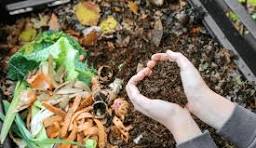
Target: 1% – 1.4%
Used: 12 times approx. (ideal for long article)
UAE composting machine supplier, food waste recycling UAE, hotel composting Dubai, restaurant waste management UAE, on-site composting UAE, composting ROI UAE, Green Planet Solutions Pune UAE.
#UAEComposting #FoodWasteUAE #DubaiRestaurants #SustainabilityUAE #CompostingMachine #GreenPlanetSolutions #HotelWasteManagement #FandBWasteSolutions #ZeroWasteUAE #EcoFriendlyUAE
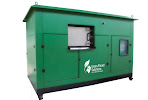

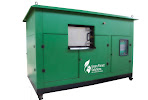
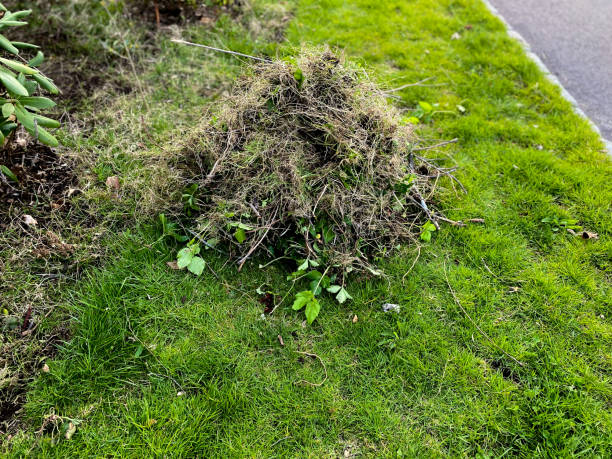
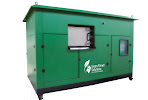
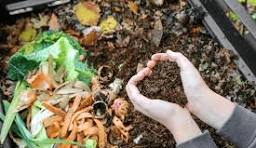

 – +917722073961
– +917722073961